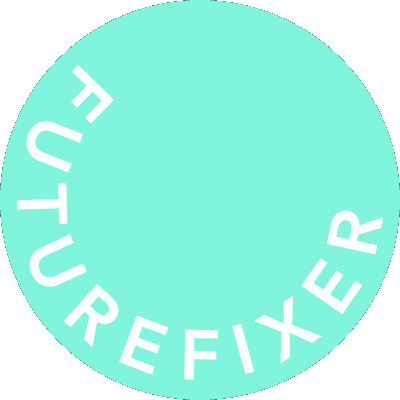
Easkey Britton is an ocean pioneer in so many respects. A multiple championship-winning and big wave surfer. An interdisciplinary academic researcher, driven by a passion for our intimate, interdependent and inextricable relationship with the oceans. A powerful advocate for diverse voices and an intuitive seeker of deeper, embodied truths about connection, meaning and purpose.
“The environment would be just fine without us – so we really need to take a look at ourselves.”
The surfer-scientist has founded numerous initiatives, including Like Water and the Wavemaker Collective, as creative passion projects to celebrate the sea’s power. Part of the legendary Britton clan, the eight-year-old ‘meteorologist’ grew up into a five-time Irish surfing champion and was the first woman to surf Iran’s waves.
As we enter the historically unprecedented and unchartered waters of the climate crisis and emergency, and the interconnected threats to biological life, we require more of her courage, tenacity and wisdom. Serious adventures in sustainability are coming towards us like a wall of foaming water. We need big wave surfers like Easkey to help us ride them.

Easkey Britton on the link between healthy oceans and healthy humans – and the art of letting go
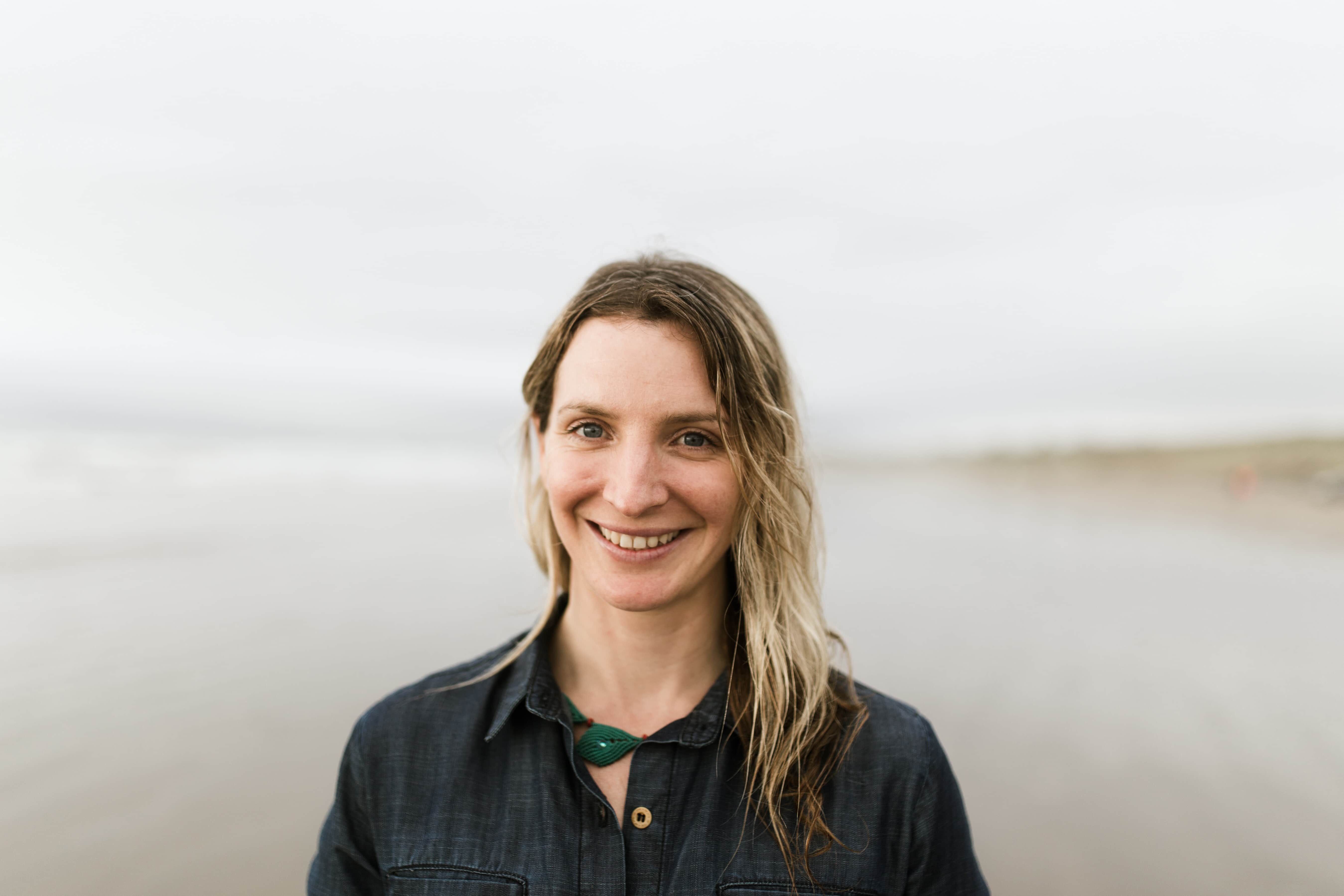
The ocean pioneer | Photo: Kalie Reid
The ocean has shaped my sense of identity, being and belonging. I often find myself on the edge, where sheer rock and the full force of the Atlantic Ocean collide. I’ve always been sensitive to noticing how much the energy of these environments affects me, and how I choose to show up, how present I am when I’m surfing for example, will determine the outcome of what happens next, of how ‘in flow’ I am on the next wave.
I work across disciplines and sectors to try to better understand the relationship between people and the sea. I’m interested in applied approaches, how to translate the knowledge into practice, and ideas into action – so I bridge both scientific research and activism worlds, and maybe some other worlds too!
The big issue is ‘Disconnect’ with a capital D. There persists a strong, yet artificial divide between society and sea, despite society and culture being both shaped by and shaping the state of the ocean. This feeds a sense of separateness. I’m most interested in how we overcome this disconnect and recognise how entangled we are with our ocean?
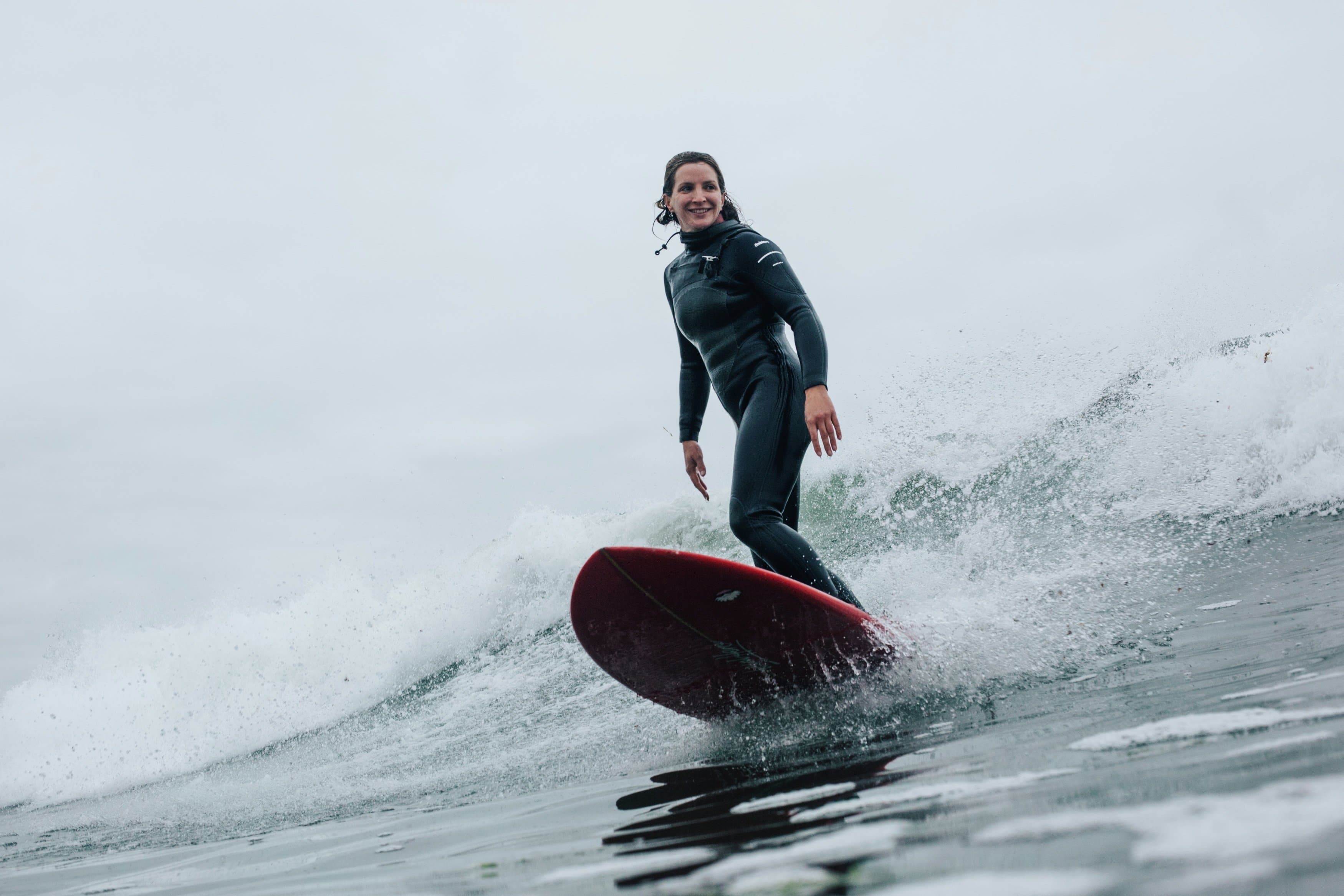
The right wave | Photo: Finisterre
My aim is to create a greater sense of connection to something that often feels ‘out of sight, out of mind’ – the sea. At the National University of Ireland Galway I am part of an interdisciplinary research team from across Europe on the EU Horizon 2020-funded project SOPHIE, which stands for ‘Seas, Oceans and Public Health in Europe’.
‘Oceans and Human Health’ is a new and emerging field of research. What’s exciting about it is that it helps – and allows us to see it through the experience of our own health and wellbeing. That’s a powerful mobiliser and reconnector.
I am passionate about the power of the ocean as an embodied learning experience for leaders. The benefits that being immersed in nature, especially the sea, can have on our creative thinking must be recognised. People can get involved with the SOPHIE project in a number of ways. Join the conversation and a network of Ocean and Human Health experts and advocates by joining our LinkedIn Group, and contribute their experiences of the sea and coast in our online survey at teamupwithsophie.eu.
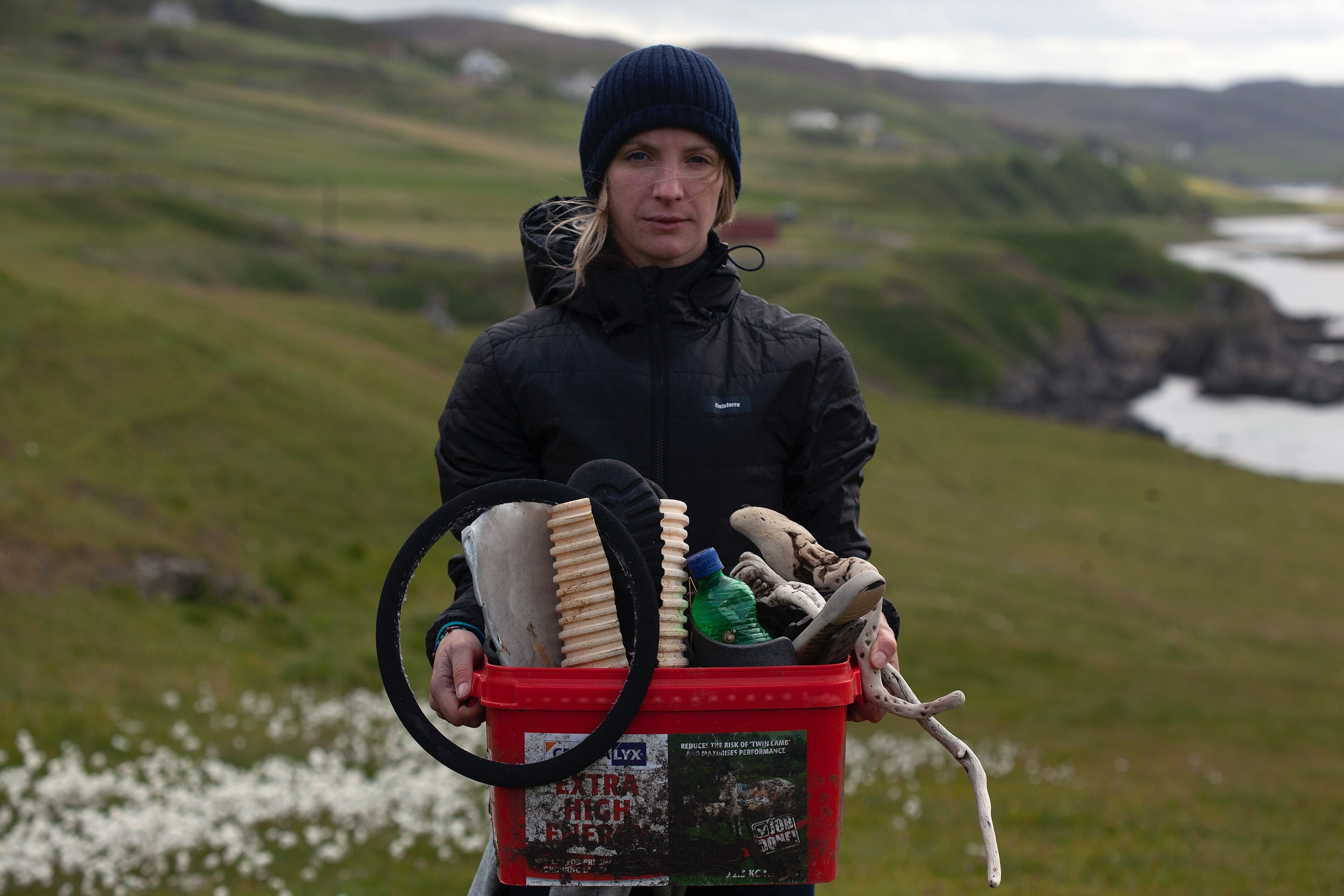
Surfer-science | Photo: Finisterre
As a lifelong surfer, I was gifted a ‘blue heritage,’ or sea connection… through stories passed down like genetic code from my pioneering surfing family, ancestry, and place of belonging in Donegal. As a child up on the remote north-west coast of Ireland, we’d go on family road-trips and camp next to the breaking surf. My little sister and I curled up between our parents in the back of the van. I remember my excitement staying up late to listen for a rise in the sound of the waves signalling a shift of tide or the arrival of a new swell.
Courage is one of the most important qualities you can have. I’ve always felt comfortable with stepping out of my comfort zone and into the unknown even if I rarely felt certain of the outcome or where I might end up. The sea and surfing have been constant forces in my life for as long as I can remember – that realisation that there is something more important on the other side of fear. That curiosity and desire to embrace the unknown, to go to the edge and lean into fear is a powerful and important leadership skill I’ve learned from surfing. It’s the kind of courage that embraces vulnerability, and the art of letting go.
My constant challenge is finding so-called ‘balance’ and boundaries, the need to always be ‘on’. That constant drive to create change, or make a difference, often leads to burnout. I noticed I was going through a pattern where I’d reach the mid-point of each year (around June) and my physical and emotional health would start to crash and burn, because I’d been in ‘doing’ mode almost constantly. To break the pattern I began to track the moments in my life when I felt most alive and full of energy, and what were those moments when I was left feeling drained or exhausted. I’m beginning to feel the power of a more intimate connection between my body and the environment, the moon and the tides.
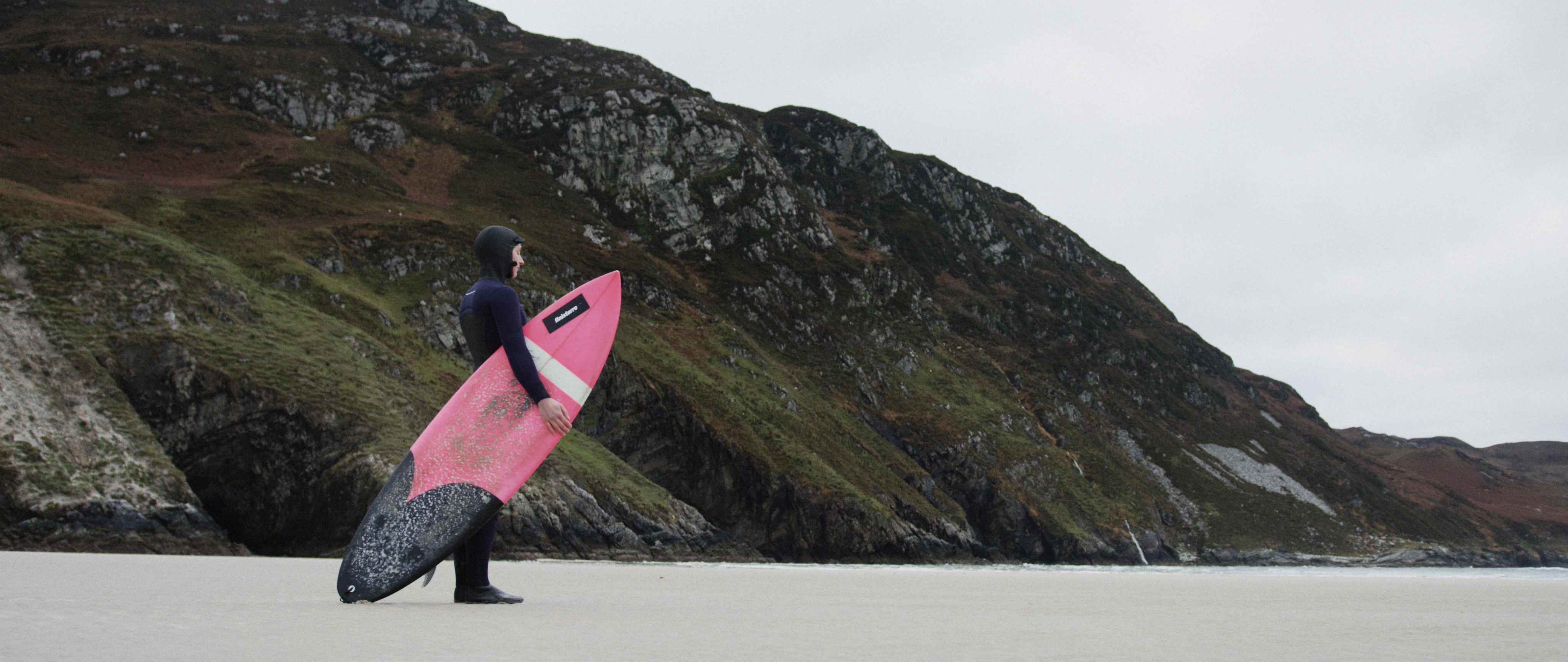
Solitude in Maghera, North Donegal | Photo: Andrew Kaineder
I feel most alive after a cold sea-dip or a surf in winter swells, it brings me joy! The cold water just fires every cell in my body. I’ve been in the sea my whole life, but mostly wrapped up in my wetsuit aka ‘seal skin.’ There’s something about stripping bare and having that more direct contact with water that is instantly electrifying. I’ve been building up my tolerance for these cold-water dips for the last couple of years since spending more time at home year-round on the west coast.
My inspiration or ‘FutureHero’ for the ocean is… my friend and founder/director of Ocean Collectiv, Ayana Johnson. She’s a marine biologist, such an incredible ocean advocate and passionate about finding solutions for a healthy ocean that are grounded in social justice. She is also a powerful voice for women in science and recently spoke out against the Trump Administration’s attacks on science on MSNBC and how important it is to #StandUpForScience – so we can use it to make good policy decisions, especially in the face of the ecological extinction and climate crises.
My next plan is to… escape to a small island off the west of Ireland to write my book, and move into my tiny home by the sea this summer! I’ll also be working on a blue mind / blue health module for the launch of Protect Blue’s new 10 week Ocean Advocate incubator programme, which I think will be really fun and creative.
There is an inextricable link between healthy oceans and healthy humans. I want to keep creating spaces that help facilitate deeper conversation around why the ocean matters. We need to create spaces of possibility, to be able to imagine, wonder, explore – spaces that foster greater creativity and connection rather than competitiveness and performance. I find these are best discovered outdoors, in nature, so it might require us to rethink how and where we learn, teach and work.

Carving out a big wave | Photo: Andrew Kaineder
The environment would be just fine without us – so we really need to take a look at ourselves. How are we? Why are we self-harming? Why are there such inequalities?
We need skills to connect with others, express ourselves authentically and listen empathically. I was at a powerful workshop last year on conflict transformation and restorative circles and feel that’s the kind of work we need more of. When we challenge these assumptions we make steps towards a more inclusive and diverse global, planetary, ocean community.
Bodysurfing is a complete leveller. I truly believe, to borrow from eco-psychologist Judith Holloway, that when we overcome an ‘assumption of separateness’ or otherness through a shared and immersive experience we can experience a greater relational connection. I want to get everyone immersed in sea bodysurfing, learning to be in the waves and play like kids again. If only we could get global leaders to come together for an experience like that?!

The effects of water are extraordinary | Photo: Victoria May Harrison
‘Fixing the future’ means focusing on solutions. The harm that is being done on every level can feel overwhelming. That said, I feel there is too much emphasis on the problems. What we don’t hear enough of is how are people rising to the challenge, what responses we can make, what solutions are already being implemented? What’s needed is a radical reconnection – through education and awareness and empathy. Our challenge is a relational, social, cultural, psychological and spiritual problem, and so we need more of those voices and expertise at the decision-making tables.
If I could have a ‘FuturePower’, it would be to remove all our human noise pollution from the ocean. I am deeply moved and shocked by the scale of the noise we are creating in the sea with horrifying consequences for marine life. As soon as the noise is stopped, peace and harmony is immediately restored to the sound waves, the positive effect is instant.
Easkey Britton was talking to sustainability guru Ed Gillespie. Both were speakers at Fixing the future 2019 in Barcelona.
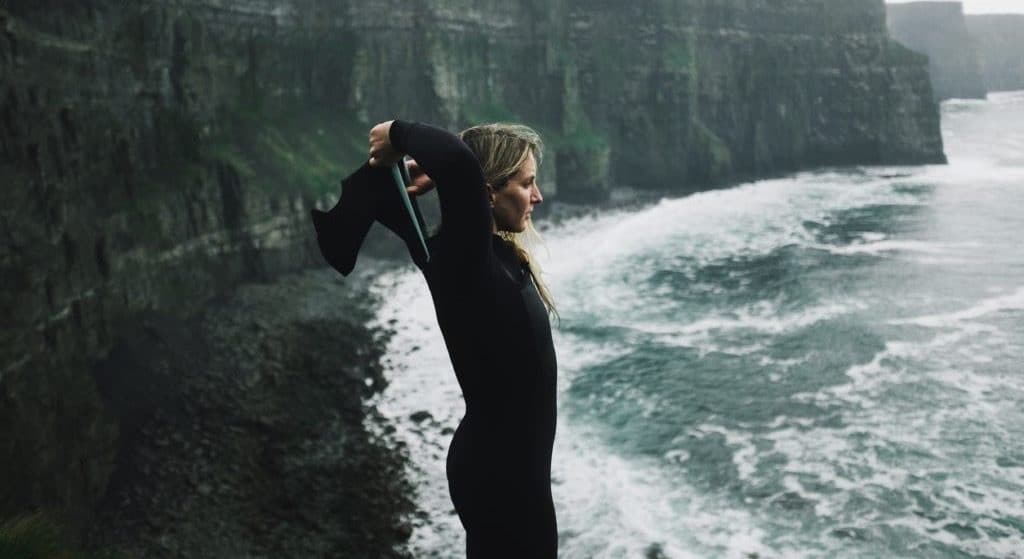

You are amazing!